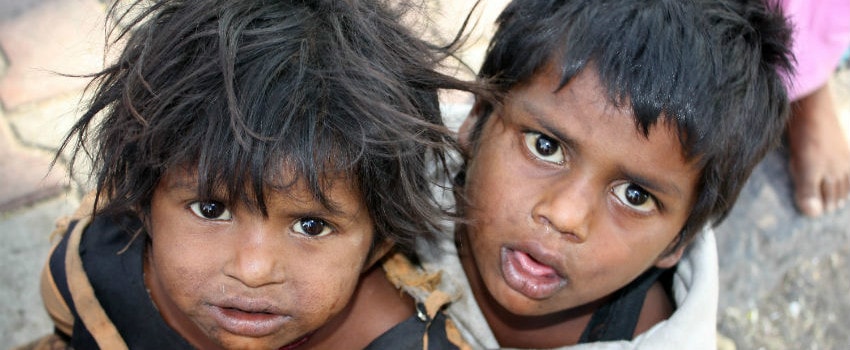
UNICEF has launched its largest ever emergency appeal for funding. The children’s aid agency of the United Nations is warning that the level of conflict in the world is creating unprecedented levels of need. UNICEF estimates that approximately one in four children globally live in a country that is affected either by a disaster or conflict. The agency is appealing for $3.6 billion in order to deliver emergency assistance in 2018.
Responding to crises all over the world
My Penrose of UNICEF UK says that in many countries around the world war and violence continues to intensify. He adds that the countries that have the most need are Yemen where there was a massive cholera outbreak in 2017 on top of the proxy war that is taking place there and Bangladesh which saw a huge influx of refugees as a result of the Rohingya crisis in Myanmar. South Sudan, the Democratic Republic of Congo and the Central African Republic have also seen their crises take turns for the worse.
Cholera outbreaks at an unprecedented level
UNICEF is warning that as many 60,000 children are at risk of starvation in North Korea and the imposition of international sanctions has resulted in aid deliveries being slowed down. Last year a record number of cholera outbreaks occurred globally, particularly in parts of the world that are affected by conflict which caused the collapse of public services such as water and sanitation systems. In Yemen the number of people suspected of being affected by cholera was 1 million, representing the largest and fastest outbreak of the disease in modern history.
Donors simply not responding with enough aid
Despite the requirement to deliver a humanitarian response, it is highly unlikely that donors will respond and contribute the billions of dollars that are required. Last year only 65 per cent of the funding requirement was met by mid-December. Mr Penrose says that the aid agency always hopes the full amount will be raised but unfortunately experience says otherwise. As many as 50 million children have had to flee their homes in response to violence, poverty or natural disaster.
Country appeals don’t receive the necessary funding
Some of the 10 largest country funding appeals received less than half of what was required last year. The DRC for example is facing a crisis that has forced 1.7 million people to flee their homes, however it’s country appeal only managed to raise just 33 per cent of its funding requirement making it the least funded country appeal. A recent report commissioned by Care International found that the crisis in the DRC was the least reported in Western media outlets.
The UK is the world’s second largest donor country
The UK has been relatively generous compared to other donor countries, and was the second largest contributor to humanitarian appeals donating $199.5 million. The United States was the largest donor, contributing $553.1 million. 84% of the funding appeal this year has been earmarked for countries that have been affected by violence and conflict. A third will go towards delivering humanitarian aid in Syria where civil war has been raging for eight years. Money will also be used to assist countries hosting refugees such as Jordan and Lebanon.
Worried about the onset of monsoon in Bangladesh
Another crisis high in the list of priorities for Unicef is helping Rohingya refugees that have taken shelter in Bangladesh where the monsoon season is fast approaching. Last year 655,000 Rohingya refugees fled Myanmar for Bangladesh with children making up more than half the new arrivals. The refugees live in flimsy tents constructed from plastic and bamboo. Mr Penrose says the onset of monsoon in Bangladesh could be catastrophic because the major killer in such environments is poor sanitation.
Money raised through UNICEF’s funding appeal this year will be used to meet basic emergency needs such as water and sanitation, nutrition, education and protection.





